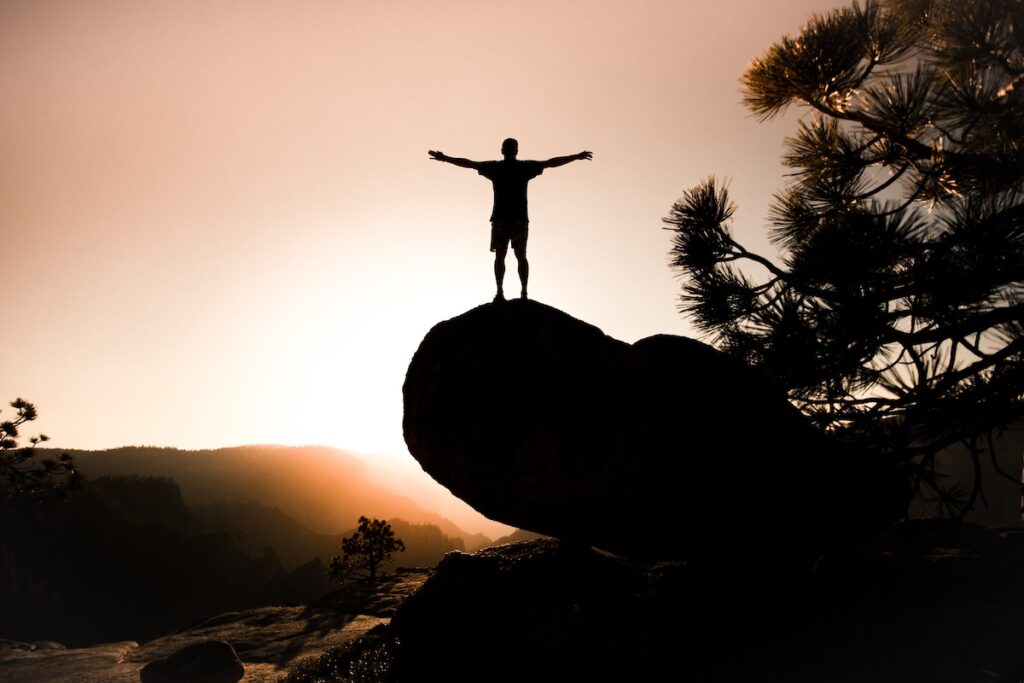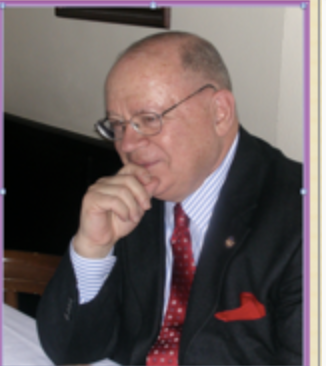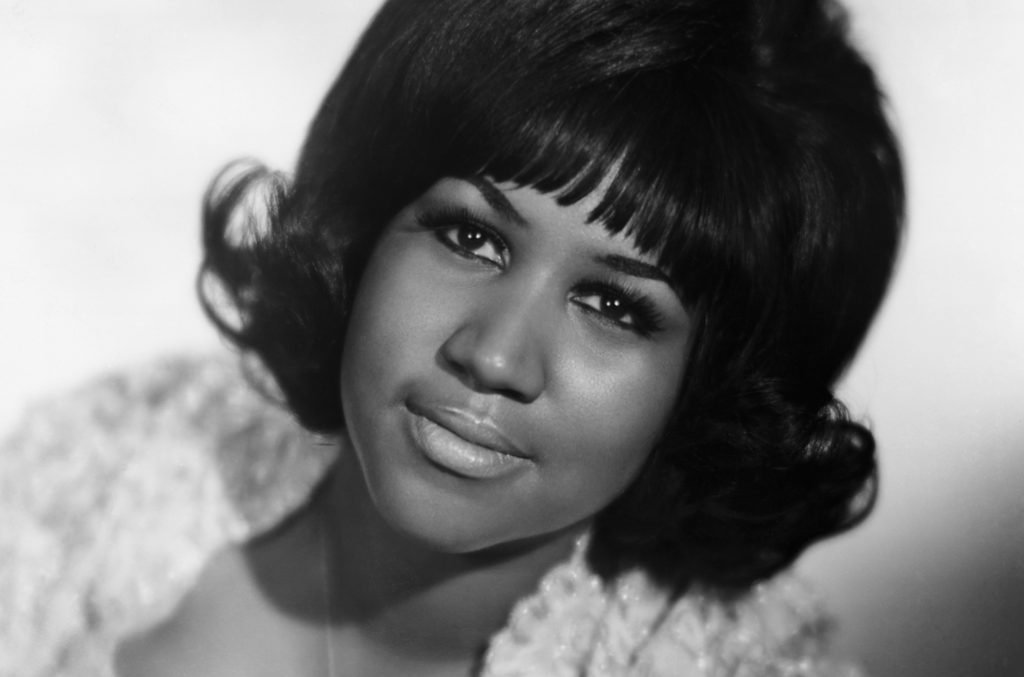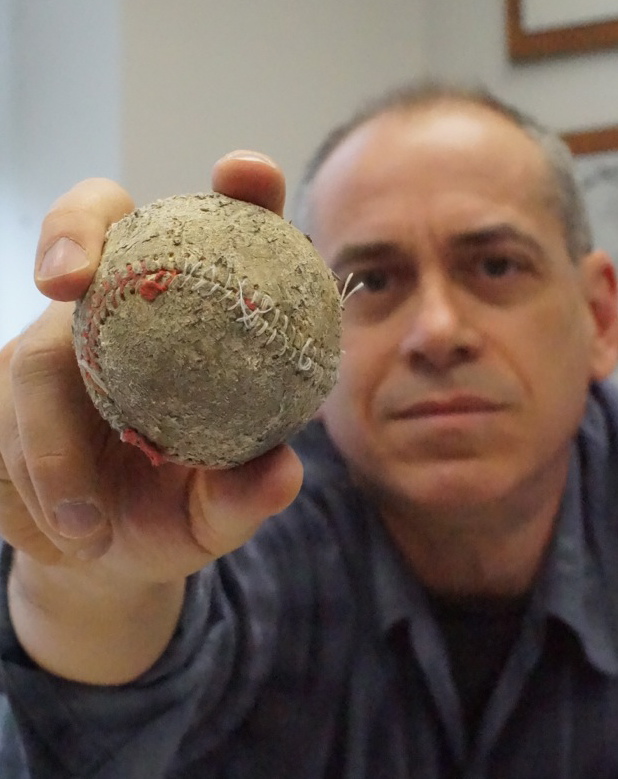We have criminal trials. We have civil trials. And we have, rarely, impeachment trials.
Today Mark Bower explores the concept of jury nullification in the context of jurors doing whatever they hell they feel like, regardless of the law. I explored jury nullification once before, albeit it briefly, many years ago.
This fuller discussion comes in the wake of news of President Trump wooing Congressmen and Senators with Camp David visits and special lunches.
———————-
A primer on jury nullification:
The United States Constitution guarantees a trial by jury to all persons accused of a crime. That jury is comprised of average citizens from all walks of life with no special training or skills to serve other than being a U.S. citizen who is at least 18 years old, residing in the judicial district for a set period of time (typically one year), being proficient in English, having no disqualifying mental or physical conditions, and (in most states) not having a pending or previous felony conviction. In fact, more than 32 million people are called for jury service every year, according to the National Center for State Courts.
Serving on a jury is a hallmark of our justice system and a cornerstone of democracy. But did you know that, unlike judges, juries historically have been able to ignore the law in order to achieve justice in individual cases that involve unjust rules or their unjust application? This is known as jury nullification. Below, you will find a discussion of jury nullification, including how it’s defined, its legality, examples, and how this applies to the impeachment of Trump.
Jury Nullification Defined:
Jury nullification might sound like a convoluted concept in an already confusing legal system, but the idea is actually quite simple. It happens when a jury returns a verdict of Not Guilty despite its belief that the defendant is guilty of the violation charged. Why would a jury do this? Don’t jurors swear an oath to uphold the law? Yes, but oftentimes it is a tool juries can use to set aside a law they believe is immoral or wrongly applied to the accused.
For example, in the 1800s the government passed stringent fugitive slave laws that compelled citizens of all states to assist law enforcement with the apprehension of suspected runaway slaves. Known as the Fugitive Slave Act of 1850, the law included large fines for anyone who aided a slave in an escape, even by simply giving the person food or shelter.
Northerners used the jury box to voice their protest by refusing to convict in these cases and thereby “nullifying” the law on moral grounds. A mirror-image may be found in the countless acquittals in the South of whites charged with lynching black men, regardless of clear guilt-in-fact. In other cases, juries nullified prohibition era laws and drug laws that they disagreed with. Put crudely but accurately, the jurors rejected the charges based on personal beliefs that the laws were wrongheaded.
Jury nullification also exists in civil cases but is relatively uncommented-on. Every trial lawyer knows that cases may be won or lost based on intangibles, such as the likeability or unlikeability of the client, that has nothing to do with the merits of the case. A jury nullification advocacy group estimates that 3–4% of all jury trials involve nullification. A recent rise in hung juries is seen by some as being indirect evidence that juries have begun to consider the validity or fairness of the laws themselves.
Legality of Jury Nullification:
Jury nullification is legal according to the U.S. Supreme Court, but whether or not juries may be instructed on this right is a different matter. Although the power of jury nullification exists, lawyers are generally prohibited from urging a jury to disregard the law. Although no precedent revokes the power of nullification, courts have since the 19th century tended to restrain juries from considering it, and to insist on their deference to court-given law.
The 1895 decision in Sparf v. United States written by Justice John Marshall Harlan, held that a trial judge has no responsibility to inform the jury of the right to nullify laws. It was a 5–4 decision. This decision, often cited, has led to a common practice by United States judges to penalize anyone who attempts to present legal argument to jurors and to declare a mistrial if such argument has been presented to them. In some states, jurors are likely to be struck from the panel during voir dire if they will not agree to accept as correct the rulings and instructions of the law as provided by the judge.
A 1969 Fourth Circuit decision, U.S. v. Moylan, affirmed the power of jury nullification, but also upheld the power of the court to refuse to permit an instruction to the jury to this effect:
“We recognize, as appellants urge, the undisputed power of the jury to acquit, even if its verdict is contrary to the law as given by the judge, and contrary to the evidence. This is a power that must exist as long as we adhere to the general verdict in criminal cases, for the courts cannot search the minds of the jurors to find the basis upon which they judge. If the jury feels that the law under which the defendant is accused, is unjust, or that exigent circumstances justified the actions of the accused, or for any reason which appeals to their logic or passion, the jury has the power to acquit, and the courts must abide by that decision.”
Nevertheless, in upholding the refusal to permit the jury to be so instructed, the Court held that:
“…by clearly stating to the jury that they may disregard the law, telling them that they may decide according to their prejudices or consciences (for there is no check to ensure that the judgment is based upon conscience rather than prejudice), we would indeed be negating the rule of law in favor of the rule of lawlessness. This should not be allowed.”
The right to disregard the law if one disagrees with it on moral grounds, also comes from the fact that jurors cannot be punished for the verdict they render, no matter how unpopular it is to the general public or the specific judge presiding over the case. Also, defendants found not guilty, cannot be retried for the same crime, that would violate the double jeopardy concept.
Hence, once a jury finds a defendant not guilty, there is no mechanism for a prosecutor to bring the case against the same defendant again. (See: Bushel’s Case, from the 1670 trial of William Penn.)
Several cases that were speculated to be instances of jury nullification included the prosecution of Washington, D.C.’s former mayor, Marion Barry; the trial of Lorena Bobbitt; the prosecution of the police officers accused of beating Rodney King; the prosecution of two men charged with beating Reginald Denny in the resulting riots; the trial of the surviving Branch Davidian members; the trial of the Menendez brothers for the murder of their parents; and perhaps most famously, the O. J. Simpson murder trial. In the days preceding Jack Kevorkian’s trial for assisted suicide in Michigan, Kevorkian’s lawyer, Geoffrey Fieger, told the press that he would urge the jury to disregard the law. Prosecutors prevailed upon the judge to enter a pretrial order banning any mention of nullification during the trial, but Fieger’s statements had already been extensively reported in the media.
In a 1998 article, Vanderbilt University Law Professor Nancy J. King wrote that “recent Looking to the Clinton impeachment trial for guidance on the Chief Justice’s role has been unsatisfying. C.J. William Rehnquist’s low-key role is remembered mainly for two minor things: (1) His decision to adorn his black robe with glittering gold stripes – an idea lifted from Gilbert & Sullivan’s “Iolanthe;” and (2) his ruling preventing the Senators from being referred to as “jurors”. It is not likely that C.J. John Roberts will get much precedent from Rehnquist’s presiding over the Clinton impeachment.
Will the Trump Impeachment Call for Nullification?
As of this writing, the Trump defense strategy has essentially been to contend that Trump’s pressuring Ukraine to “dig up dirt” on the Bidens, while perhaps unappealing, is too minor a transgression to rise to the “high crimes and misdemeanors” standard for impeachment. So far as I know, no legal commentator has yet called this “jury nullification.”
But conceptually, this is every bit as much “jury nullification” as northern jurors refusing to convict those who helped slaves escape bondage because of their revulsion to slavery, or Southern jurors refusing to convict lynchers. And so, without say so explicitly, the G.O.P. defense strategy is to appeal to the public and Senators to embrace jury nullification and prevent impeachment and conviction.
As the Supreme Court has never rejected jury nullification but won’t allow defense attorneys to explicitly advocate that jurors substitute their personal beliefs for following the law, I expect Chief Justice Roberts will follow that path, not explicitly allowing the Senate to disregard the law while simultaneously allowing them to “vote their consciences.” That will allow the jury nullification strategy that is currently playing out in the media, to play out in the Senate without ever saying so outright.
Will the jury nullification strategy succeed? I can tell you the answer with complete certainty: Maybe. Ask me again in a year, and I will give you an even more certain answer.
* – Mark R. Bower is a former Court TV Commentator and is a board-certified medical malpractice lawyer in NYC. .




